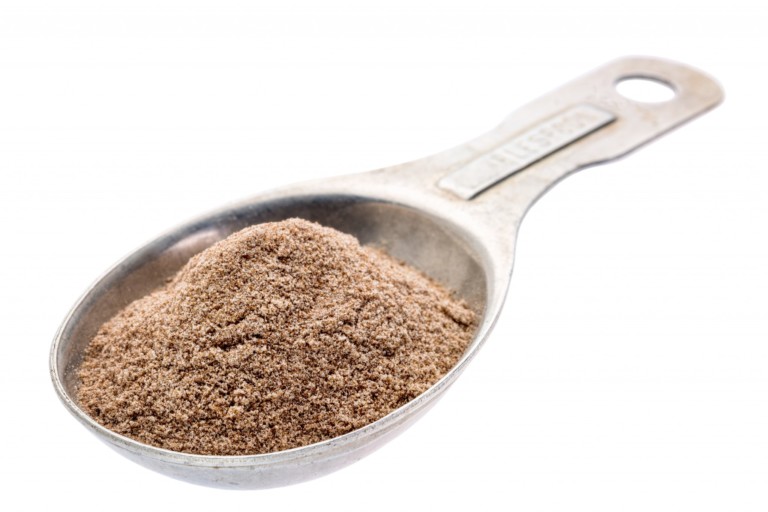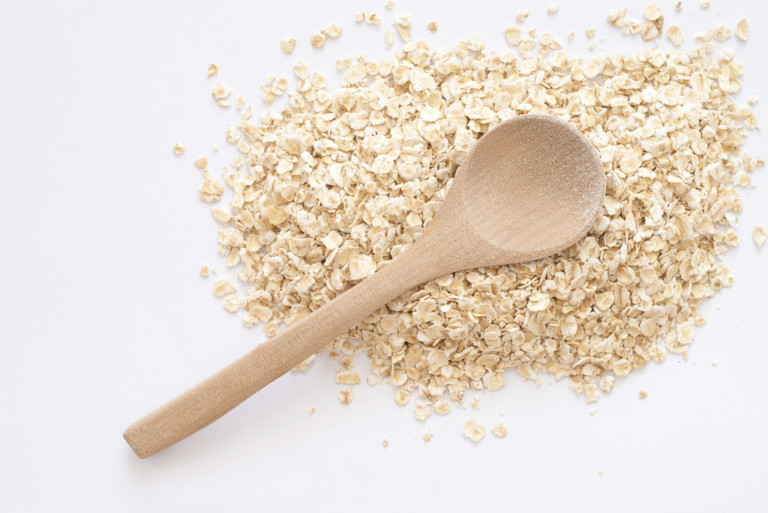Researchers from the University of Adelaide, in a world first study, have identified why some pain relief medications are unable to provide suitable relief to people with irritable bowel syndrome (IBS). Studying blood samples from over 100 people (half with IBS and half without the condition), the researchers found that the chemicals that play a role in controlling pain were deficient in those with IBS.
Studying blood samples from over 100 people (half with IBS and half without the condition), the researchers found that the chemicals that play a role in controlling pain were deficient in those with IBS.
“This study is the first to give us a real understanding of the interaction between the immune system and pain symptoms in IBS patients,” said Dr Patrick Hughes, from the University of Adelaide’s School of Medicine and lead author of the study. “The gut contains specialised immune cells, known as monocytes and macrophages. Our research has shown that in healthy people, these immune cells normally secrete opioid chemicals, like morphine, that block pain. But in people with IBS, the opioid production by these cells is defective,” he says.
While the study has helped explain why people with IBS often experience ongoing periods of pain, the exact cause of that pain remains unknown. “It’s our hope that this work could eventually lead to more targeted treatments for IBS sufferers, to help treat or prevent the long-term pain they experience,” says Dr Hughes.
Pain Relief and IBS first appeared in Australian Gluten-Free Life Issue Three as What a Pain. If you missed out on this great edition you can purchase a back issue here.







